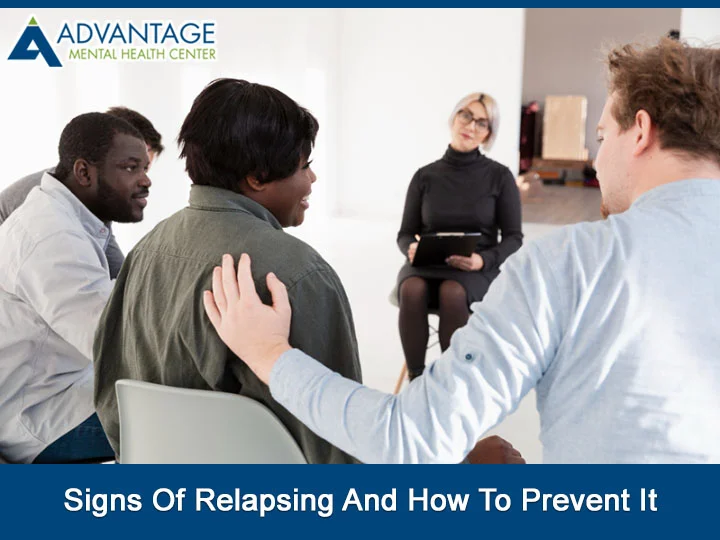When overcoming addiction, there is almost always a risk of relapse. Some studies suggest that 40-60% of people relapse after undergoing treatment or rehabilitation programs for addiction. Furthermore, up to 85% of people are believed to relapse within the first year after having treatment. Like many things, preventative measures can be the key to staying on track and ensuring relapse doesn’t happen.
We’ll look at some of the main signs of relapsing and a few of the relapse prevention steps that can be taken.
Signs of Relapsing
It’s important to look out for the signs of relapsing when recovering from an addiction, whether this is yourself or somebody you know. Spotting the signs early could mean you can take action towards relapse prevention.
Changes in Attitude
A person who is starting to relapse might change their attitude towards their recovery process. This can be sudden or it can be gradual over a period of days or weeks. You might start to see small or big changes in attitude which indicate the person is less concerned about their recovery and maybe starting to relapse.
Slipping Into Old Habits
When a person starts to relapse, they may begin to slip back into old habits. At first, this might be in a social manner, where they will excuse one drink or one cigarette because everyone else is doing it too. The temptation is often very strong during the recovery process, and slipping back into old habits in any setting will always come with the risk of relapse.
Irritability
Trying to recover from addiction can bring a lot of stress and irritation, not only for the person recovering but for those around them. You might notice a person in recovery becoming more irritable, either because of withdrawal symptoms or because they are on the verge of relapsing. The more stressed and irritable someone feels, the more likely they are to want to engage in activities that bring them stress relief. For many people in recovery, this is often the very thing from which they are trying to overcome their addiction.
How to Prevent Relapsing
Getting through the recovery process isn’t easy, and many people relapse before getting back on the road to recovery. But there are things you can do to prevent relapsing and have the best chance of recovering from an addiction. Here are some of the most common things to consider for relapse prevention.
Support Networks
Being surrounded by caring people can go a long way in helping someone through any recovery process. This is partly why peer-to-peer support groups, including online support networks and those based in Pinellas County, are useful for many people who are recovering from an addiction. Finding other people in the same situation can be comforting and allow an exchange of ideas and suggestions.
Create Distractions
Without distractions, relapsing can become a heightened risk for people recovering from an addiction. Staying busy is important when going through recovery, either by spending time with other people or finding activities to do alone that keep your mind on something else.
Create a New Routine
Addictions are often formed as part of a routine, so it’s important to shake this up in order to aid the recovery process and prevent relapse. Creating a whole new routine can be a critical part of recovery and enable a separation between an old lifestyle and the new one.
Getting the Support You Need
It’s very important that people find the right support when in recovery, and this could come in different forms for different individuals. People recovering from addiction can find support in Pinellas County by visiting Advantage Mental Health Center.
Picture Credit: Freepik


